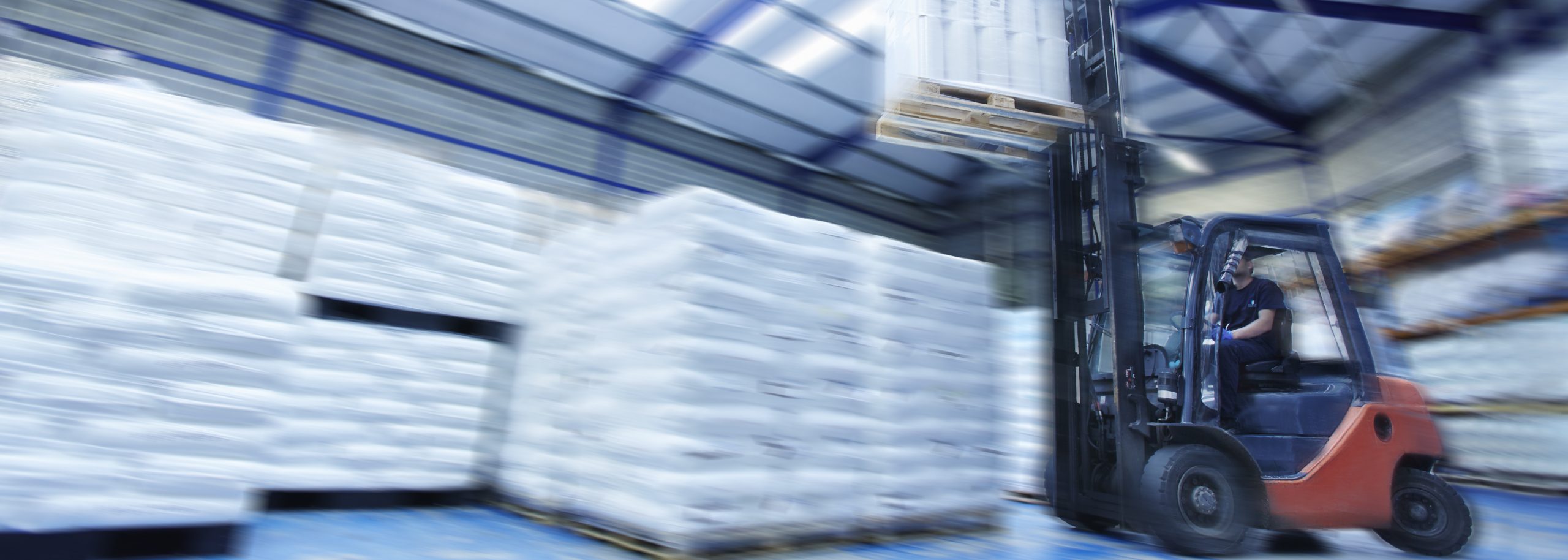The growth of plastic transit packaging doesn’t have to damage the environment. Here’s why.
15/01/2018
We look at ways that British industry can maximise the benefits offered by polythene packaging, whilst minimising environmental impacts.

Protective, transit packaging is essential for the safe and efficient transport of goods from the factory to the warehouse, the worksite, or the e-commerce customer’s doorstep. The rapid growth in e-commerce sales and distribution is likely to drive a staggering 25% growth in transit packaging by 2022. As polythene is often the best material to offer superior product protection, we look at ways that British industry can maximise the benefits offered by polythene packaging, whilst minimising environmental impacts.
- Use less polythene to protect each product: Packaging performance has improved dramatically over the last decade, which enables businesses to use half the packaging weight for each product, whilst still guaranteeing the equivalent or often improved film strength. Switching to thinner, stronger polythene will reduce the weight of packaging required to protect each product. Thinner packaging reduces fossil fuel usage and takes less energy to produce. For products in transit, thinner, lighter packaging can also generate significant cost savings.
- Transition to “greener” raw materials: Leading British polythene extruders offer a range of innovative raw materials to reduce fossil fuel consumption. Eco friendly compostable polythene products, which are 100% free from fossil fuels and generate more oxygen than carbon dioxide, can be developed to have comparable physical strength properties to traditional engineered, oil based products.
- Introduce “closed-loop” logistics management systems: Polythene manufacturers should work closely with transit packaging users to facilitate the efficient recovery and reuse of packaging components. Pallets, drums and cores can all be used repeatedly without deterioration or impact on packaging performance.
- Recycle more and earn money: Polythene packaging waste can be processed into compounds to be used to produce bin liners, carriers, garden sacks and even pipes. Transit packaging users should invest in a high quality waste compactors or balers. Factories and warehouses with their own compaction systems create bales of used packaging and earn money by selling them to recyclers.
At Palagan, all transit packaging can be recycled. We work closely with our customers to transition to greener raw materials, to establish recycling processes and to re-use packaging components. We help customers install compaction machines so they can recycle used packaging and make in cost savings. Contact us to find out more.

